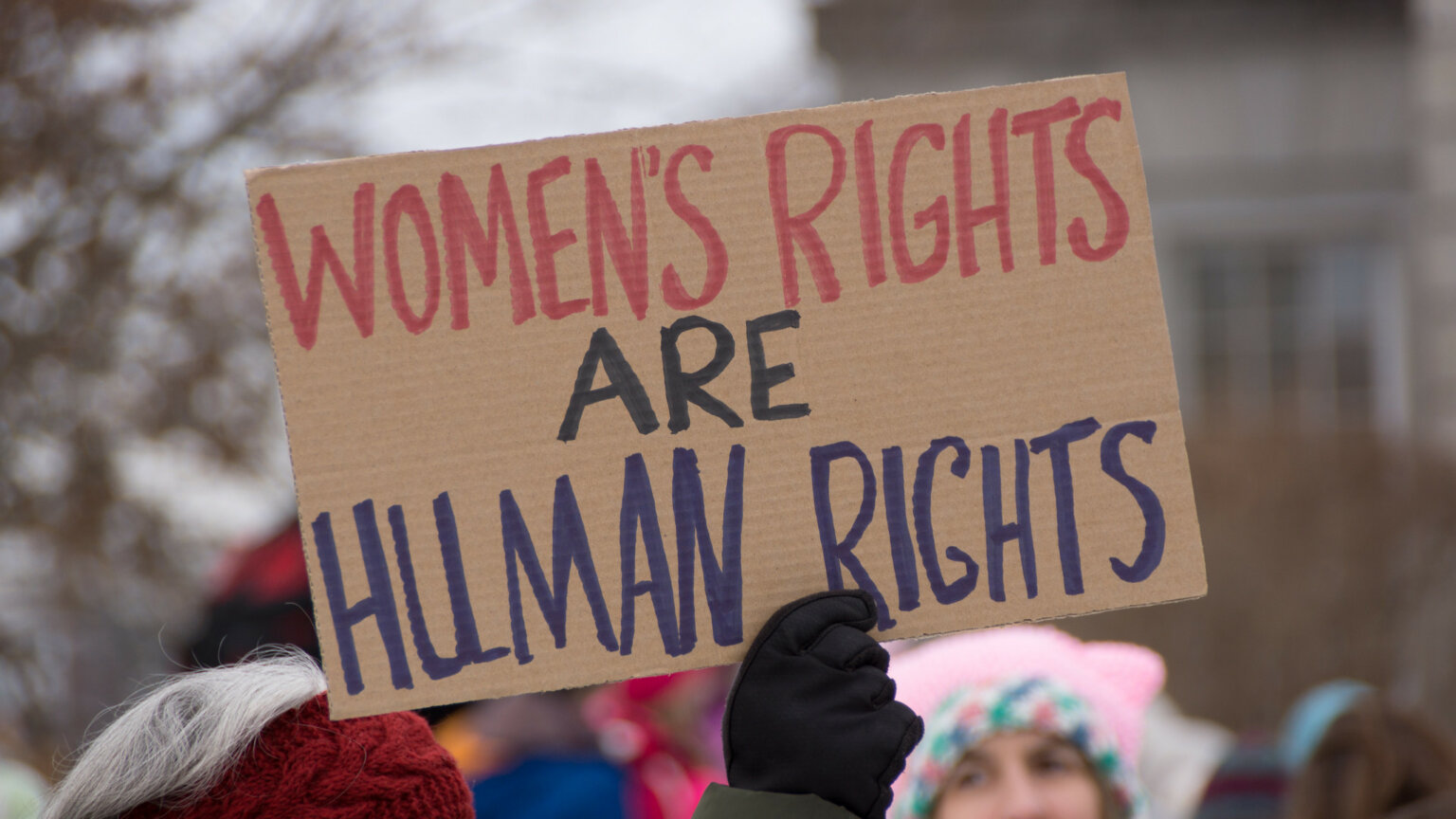- About
- Topics
- Story
- In-Depth
- Picks
- Opinion
- News
- Donate
- Signup for our newsletterOur Editors' Best Picks.Send
Read, Debate: Engage.
| topic: | Women's rights |
|---|---|
| located: | Brazil |
| editor: | Ellen Nemitz |
Try an online search for the terms "fatherhood" and "science" and you will probably find articles about how being a father alters your brain or hormone levels - in other words, scientific studies on paternity. Now substitute "fatherhood" for "motherhood" and you will certainly find publications discussing how being a mother can change, besides your body or brain, your career as a scientist.
This easy exercise, which will work in English, Spanish or Portuguese, and probably in other languages too, mirrors what happens in any field of work and life: women who have kids find it much harder to balance the demands of parenting and work due to the overload of tasks in the home. On the eve of the International Day of Women and Girls in Science, celebrated on 11 February, bringing motherhood and science to the same table of discussion is fundamental to promote advances in women’s rights.
A group called Parent in Science has been working to put these issues under the spotlight. One of their latest actions in Brazil was to raise signatures and formally submit a request to Capes, the governmental foundation for science promotion, asking it to include motherhood in the Sucupira Platform - a tool that evaluates and collects information about the National Postgraduate System.
The letter sent to Capes this 24 January asks the institution to implement some adaptations on how scientific production is measured, such as temporarily suspending the cycle of evaluations for women who have had children so that the decrease in their publication rates does not affect their productivity scores, as well as guaranteeing maternity leaves for students.
Surveys carried out by national agencies for science show that the presence of women in research spaces is relatively equal to that of men - about 49 percent, in general. However, leadership positions, which require a long period of dedication, are more frequently awarded to male scientists; when women finally achieve highlighted positions, they tend to be older than men in the same places. As a result of the harassment, discrimination and the unjust treatment of motherhood, Brazilian female scientists are extremely underrepresented in the ranking of the 100,000 most-influential scientists in the world.
The COVID-19 pandemic also resulted in an unequal decrease of women's productivity in science. A study published in May 2021 showed that "white mothers and black females, regardless of whether they are mothers, are the groups taking the strongest hit in academia" during that unusual period of our history. Despite some data proving the disparities, the authors of the article "Parent in Science: the impact of parenthood on the scientific career in Brazil" assess that further in-depth studies are necessary to "support new policies to increase women’s participation in science."
As the United Nations this year celebrates girls and women who dedicate themselves to the Sustainable Development Goals, one successful case from southern Brazil helps us foresee the future we want to build for women in science: a female student, and single mother to a little girl, received an award for her research on the environmental changes in rivers of the Brazilian Amazon.
“We are aware of the many difficulties involved in doing science in Brazil, especially as a woman and having to reconcile studies with the infinite demands of motherhood," affirms Carolina Batista Nunes, the undergraduate biological science student at Federal University of Rio Grande do Sul who was recognised. "Therefore, it is personally rewarding to know that high-level researchers have read my work and found it relevant and worthy of mention in the award.”
Image by Julia Koblitz

